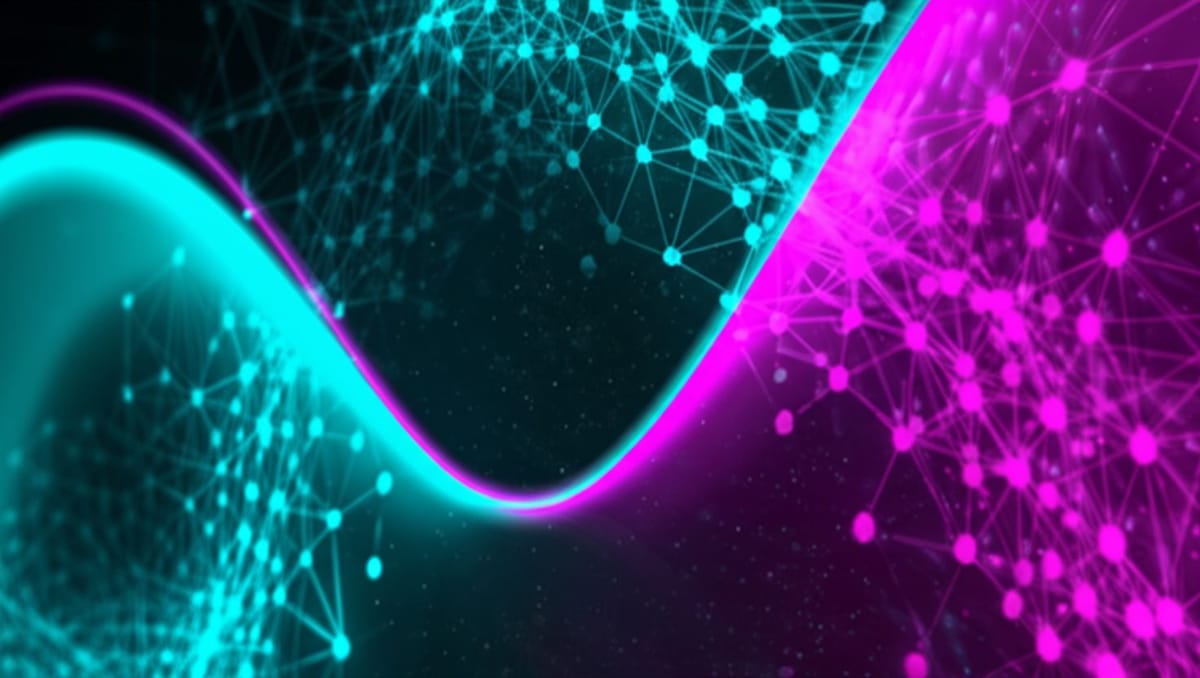Google's AI Chief: Machines Will Match Human Intelligence Within This Decade

"We are on track for AGI in the next 5 to 10 years," declares Demis Hassabis, the 48-year-old CEO of Google DeepMind, offering a remarkably specific timeline for the arrival of artificial general intelligence – machines with human-like versatility but superhuman speed and knowledge.
End of Miles reports the Nobel Prize-winning AI pioneer believes we could see this transformative technology as soon as 2030, fundamentally altering human existence in ways that may require entirely new philosophical frameworks to comprehend.
What AGI in 2030 looks like
When pressed on what AGI might look like by the end of this decade, the British computer scientist offered a surprisingly concrete vision. "We'll have a system that really understands everything around you in very nuanced and deep ways," Hassabis explained, "and kind of embedded in your everyday life."
"I think it's going to change pretty much everything about the way we do things." Demis Hassabis, Google DeepMind CEO
This timeline from one of AI's most credible voices comes amid what Hassabis describes as an "exponential curve of improvement" in artificial intelligence capabilities. The DeepMind co-founder characterized current progress as moving "straight up" with "increasing speed of progress."
Beyond human tools to independent agents
Hassabis envisions a two-phase evolution toward AGI. "In the next steps, it's going to be these amazing tools that enhance almost every endeavor we do as humans," the neuroscience PhD holder said. The transformation begins with AI systems that can interpret the world through vision and language, then progresses to machines that actively manipulate their environment.
DeepMind is already training its Gemini model to move beyond passive interaction to performing real-world tasks like booking tickets and shopping online – crucial steps toward systems with human-like versatility.
"When AGI arrives, I think we need new great philosophers to come about hopefully in the next 5-10 years to understand the implications." Hassabis
From chess prodigy to AGI architect
Hassabis's path to leading the AGI race began as a chess prodigy, ranking second globally in his age group at just 12 years old. This early passion led him through computer chess, video games, and eventually to building thinking machines that could surpass human capabilities.
The AI researcher, who was recently knighted by King Charles, believes we may soon see machines not only solving scientific problems but identifying entirely new questions and hypotheses – capabilities currently missing from even the most advanced systems.
"They don't have curiosity," the DeepMind CEO acknowledged about today's AI, "and they're probably lacking a little bit in what we would call imagination and intuition." However, Hassabis predicts these limitations will be overcome within the same timeframe as his AGI prediction.
The race for artificial general intelligence
Google DeepMind isn't alone in this pursuit. Dozens of organizations are racing toward AGI, raising concerns from the scientist about potential safety risks as competition intensifies.
"All of this energy and racing and resources is great for progress, but it might incentivize certain actors to cut corners – and one of the corners that can be shortcut would be safety and responsibility." Hassabis
For the Nobel laureate who created an AI model that mapped 200 million protein structures in a year – work that previously would have taken centuries – the implications of AGI's arrival extend far beyond technological achievement. As his timeline suggests, we may have less than a decade to prepare for what comes next.





